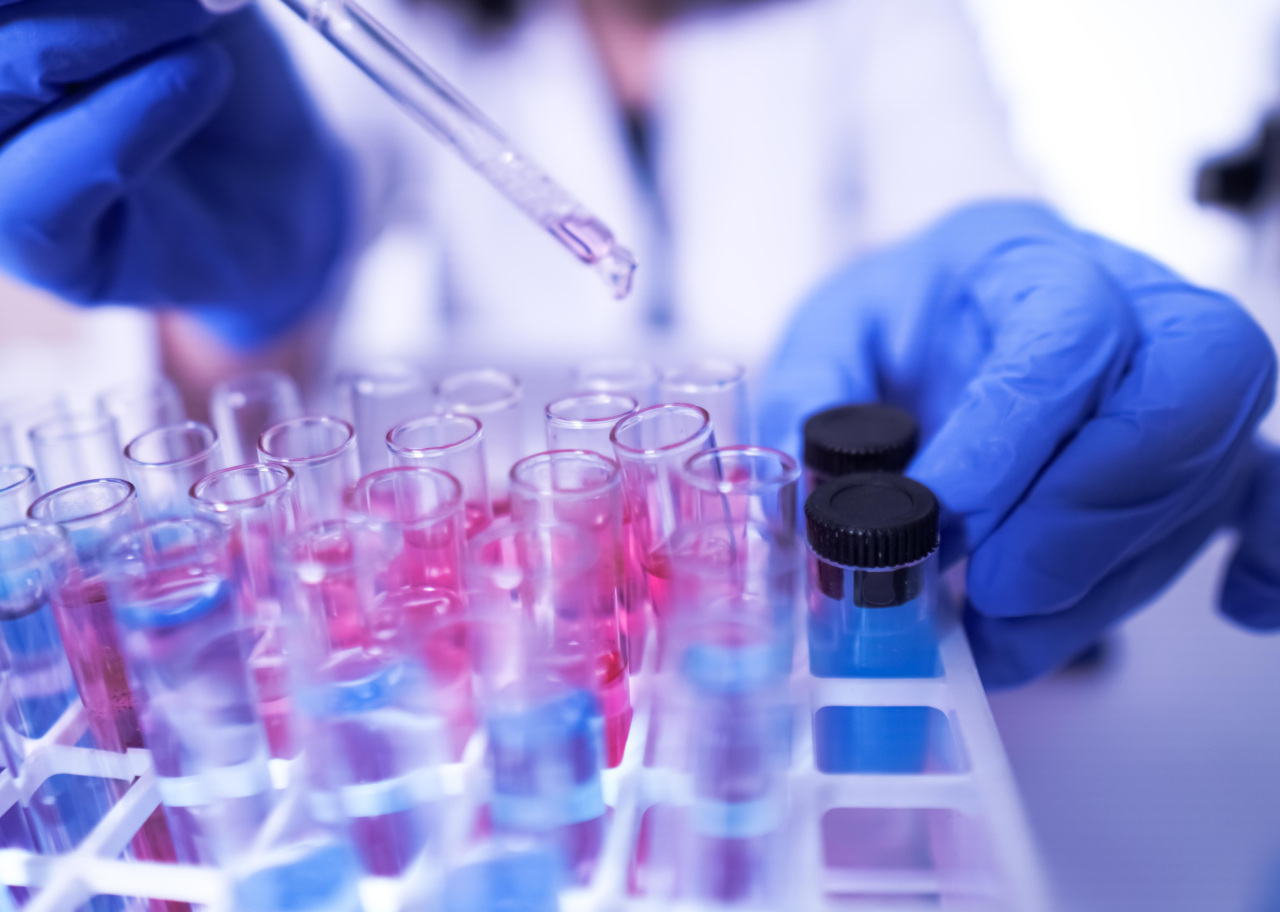
The Minister for Health and Aged Care, Hon. Greg Hunt MP, announced $180 million in funding for ground-breaking medical research projects as part of the Australian Government’s Medical Research Future Fund.
Spearheading the research projects led out of The Florey are Professor Dominique Cadilhac, Dr Christopher Bye, Associate Professor Brad Turner, Dr Lincon Stamp and Professor John Furness.
Thanks to the funding, Prof Cadilhac will lead research aiming to drastically improve the lives of stroke survivors. Working in close collaboration with research partners and the Australian Stroke Clinical Registry team at the Florey, the pilot project will develop a co-designed, data-driven follow-up service led by nurses to identify patients at higher risk after stroke and provide targeted clinical support.
“Our data from the Australian Stroke Clinical Registry illuminates important gaps in health care, including that 1 in 4 people will be readmitting to hospital after stroke with comorbidities such as anxiety and depression. We are taking a new approach to stroke care through this project that we hope will transform clinical care and drive innovation in registry science,” said Professor Cadilhac.
In another project, Dr Christopher Bye and Associate Professor Brad Turner will take an innovative approach to discovering potential therapies for MND in stem cell-based investigations.
“Using powerful stem cell technology and stem cells donated by patients living with MND, we will re-test more than 70 drug therapies that have previously been trialled in MND in a ‘virtual clinical trial’ approach,” explained Dr Bye.
Associate Professor Brad Turner elaborated, “It is increasingly recognised that patients with MND respond differently to drugs. We believe there may be drugs that could hold treatment benefits for different subsets of MND patients and plan to re-assess therapies with this new lens.”
Adopting a separate approach to stem cell research, Dr Lincon Stamp, Prof John Furness and collaborators will investigate stem cell-based therapies for digestive diseases where current drug and surgical treatments are unable to provide patients with a cure or long-term relief.
“Also thought of as the brain in our gut, the enteric nervous system is essential to life. This funding provides a unique opportunity to develop a novel stem cell therapy to restore function for children who are born with a missing or defective enteric nervous system,” said Professor Furness.
The Florey also received funding for an MRFF project led by Professor Ashley Bush which will bring together the largest ever dementia research cohort in Australia with the aim to develop a blood biomarker test to predict onset and progression of cognitive decline in dementia.
The Florey thanks the Australian Government for their ongoing support of medical research which can change the lives of people living with neurological conditions.